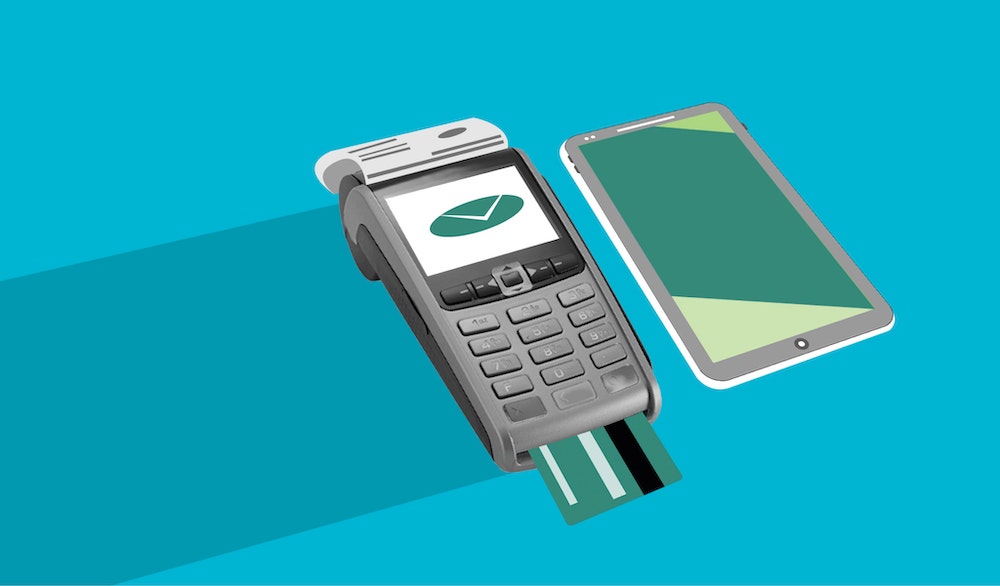Looking for secure and efficient payment processing for lawyers? Our comprehensive guide can help you choose the right provider for your practice.
As a lawyer, one of the most important aspects of your practice is getting paid for your services. Whether you are a solo practitioner or part of a larger firm, payment processing is a critical component of your business. In this article, we will discuss payment processing for lawyers and what you need to know to make sure you are getting paid efficiently and securely.
Payment Processing Overview
Payment processing refers to the methods and systems used to facilitate the transfer of funds from one party to another. In the legal industry, payment processing involves the receipt and processing of client payments for legal services rendered. This can include payments made by check, credit card, or electronic transfer.
In general, payment processing involves several steps:
Authorization
This involves obtaining the client’s payment information and verifying that they have the necessary funds to cover the payment.
Settlement
This involves the transfer of funds from the client’s account to the lawyer’s account.
Reconciliation
This involves reconciling the payments received with the services rendered to ensure that all payments have been properly accounted for.
The Importance of Payment Processing for Lawyers
Payment processing is an important part of your legal technology stack. As a lawyer, getting paid in a timely and efficient manner is critical to the success of your practice. Failure to properly process payments can result in a loss of revenue, which can ultimately impact your bottom line. Additionally, inefficient payment processing can create administrative headaches and take valuable time away from the practice of law.
There are several key benefits to using a payment processing system specifically designed for lawyers:
Secure Payments
With the rise of cyber threats and data breaches, security is a top concern for any business that handles sensitive information, including payment information. A payment processing system designed for lawyers will incorporate the latest security measures to ensure that your clients’ payment information is protected.
Increased Efficiency
Manual payment processing can be time-consuming and prone to errors. By automating the payment processing process, you can save time and reduce the risk of errors.
Improved Cash Flow
Timely payment processing can improve your cash flow and provide you with the funds you need to run your practice.
Enhanced Client Experience
Offering a variety of payment options and an efficient payment process can improve the overall client experience, making it more likely that clients will return to your practice for future legal needs.
Payment Processing Options for Lawyers
There are several payment processing options available to lawyers. These include:
Check Payments
Checks are a traditional payment method that many clients are still comfortable using. However, check processing can be time-consuming and may require manual entry of payment information.
Credit Card Payments
Credit card payments offer convenience for clients and can be processed quickly and securely through a payment gateway.
Electronic Funds Transfer (EFT)
EFT involves the transfer of funds electronically between bank accounts. This can be an efficient payment processing option for clients who prefer to pay via direct deposit.
Online Payment Processing
Online payment processing allows clients to pay their bills online using a credit card or other electronic payment method. This can be a convenient option for clients and can save time and reduce administrative overhead for your practice.
When choosing a payment processing system, it is important to consider factors such as security, ease of use, and cost. Some payment processing systems may charge a per-transaction fee or a monthly fee, so it is important to weigh the costs against the benefits.

By using a payment processing system specifically designed for lawyers, you can improve efficiency, increase security, and enhance the overall client experience.
Choosing a Payment Processing Provider
When choosing a payment processing provider, there are several factors to consider:
Security
As mentioned, security is a top concern when it comes to payment processing. Make sure that any payment processing provider you are considering incorporates the latest security measures to protect your clients’ payment information.
Compatibility
Make sure that the payment processing system you choose is compatible with your existing practice management software and accounting systems.
Ease of Use
A payment processing system should be easy to use and integrate seamlessly into your practice’s workflow.
Customer Support
Look for a payment processing provider that offers excellent customer support in case you encounter any issues with the system.
Cost
Consider the cost of the payment processing system, including any per-transaction fees, monthly fees, and setup fees.
One option for payment processing specifically designed for lawyers is LawPay. LawPay is a payment processing provider that offers a secure and easy-to-use payment processing solution designed specifically for legal professionals. LawPay is a popular choice for lawyers due to its high level of security, compatibility with popular practice management software, and excellent customer support.
Another option is PayPal, which is a popular online payment processing solution that is widely used by individuals and businesses of all sizes. PayPal offers a range of payment processing options, including credit card processing and electronic funds transfer.
Finally, Square is another payment processing provider that offers a range of payment processing options, including credit card processing, invoicing, and online payments. Square is a popular choice for small businesses and solo practitioners due to its ease of use and low cost.
Features to Look for in Payment Processing Solutions
When selecting a payment processing solution for your law firm, there are a few key features to look for. One essential feature is the ability to accept credit card payments. Many clients prefer to pay with credit cards, and accepting them can make it easier for clients to pay their bills on time. Additionally, you should look for a payment processing system that is easy to use and integrates with your practice management software. This will help you streamline your billing and accounting processes and reduce the risk of errors.
Another important feature to consider is security. You want to choose a payment processing provider that offers robust security features, such as data encryption and fraud detection. This will help protect your clients’ sensitive financial information and minimize the risk of fraud or data breaches.
Tips for Streamlining Your Payment Processing
To make the payment processing process as smooth and efficient as possible, consider implementing a few best practices. First, make sure that your payment processing system is integrated with your practice management software. This will allow you to automate the payment process and reduce the risk of errors.
You should also consider offering your clients multiple payment options, such as credit card payments, ACH transfers, and eChecks. This will give your clients the flexibility to choose the payment method that works best for them.
Finally, make sure that your payment processing system is user-friendly and easy to navigate. Clients should be able to access their billing information and pay their bills quickly and easily. If your payment processing system is cumbersome or difficult to use, clients may be less likely to pay their bills on time, which can negatively impact your cash flow.
By implementing these tips and best practices, you can streamline your payment processing and improve the overall client experience. A payment processing system that is efficient, secure, and user-friendly can help you get paid on time, reduce errors, and save time on administrative tasks.
To make the payment processing process as smooth and efficient as possible, consider implementing a few best practices. First, make sure that your payment processing system is integrated with your practice management software. This will allow you to automate the payment process and reduce the risk of errors.
You should also consider offering your clients multiple payment options, such as credit card payments, ACH transfers, and eChecks. This will give your clients the flexibility to choose the payment method that works best for them.
Conclusion
In conclusion, payment processing is a critical component of any legal practice. By using a payment processing system specifically designed for lawyers, you can improve efficiency, increase security, and enhance the overall client experience. When choosing a payment processing provider, consider factors such as security, compatibility, ease of use, customer support, and cost. By choosing the right payment processing solution for your practice, you can ensure that you get paid efficiently and securely, allowing you to focus on what you do best – practicing law.
- Google Analytics for Beginners: Guide to Mastering Analytics - July 28, 2023
- National SEO for Lawyers: Drive Nationwide Traffic for Your Firm - July 28, 2023
- The Power of Local SEO for Lawyers: Build Your Practice - July 28, 2023


